Ask an Expert
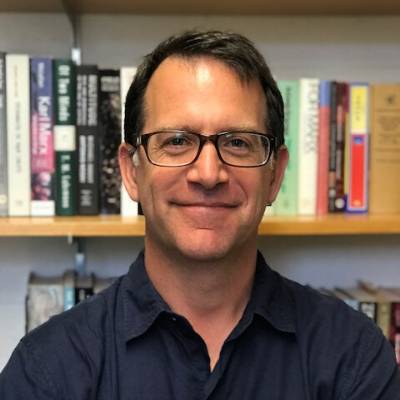
Brian Deyo, Professor of English
Professor Deyo started teaching at Grand Valley in the Department of English in Fall 2009, shortly after receiving his PhD in Literature from Vanderbilt University. He teaches undergraduate and graduate courses in world literatures, environmental literature, and literary theory. His research and scholarship focus on postcolonial literatures from diverse regions and nations, including South Africa, Australia, and, more recently, Latin America—with a special emphasis on the socio-environmental legacies and impacts of European colonialism and imperialism, as well as American imperialism. Lately, Professor Deyo has taken up a serious interest in questions related to how and why the planet’s remaining indigenous peoples, societies, and cultures might help us to reimagine our relations with the natural world and each other, specifically in the context of climate breakdown.
You can reach Bryan Deyo at [email protected]
Robert Hollister, Professor of Biology
Dr. Hollister is an ecologist interested in the interactions between humans and natural ecosystems. Most of his research is in northern Alaska examining the influence of climate change and land use change on tundra ecosystems. He also has experience working with Tropical Dry Forests of Puerto Rico and Water Quality Monitoring in Indiana and wetland ecosystems. His research in Michigan Wetlands involves collaborations and student-led activities sampling vegetation.
Dr. Hollister's research in Alaska is funded by the National Science Foundation. This long-term project uses small chambers to experimentally warm plots of vegetation in an attempt to simulate future climate change. The research takes place in Barrow and Atqasuk, Alaska. He is a Co-chair of the International Tundra Experiment (ITEX). The results from this work are being used to better forecast vegetation change in the Arctic.
Email: [email protected]
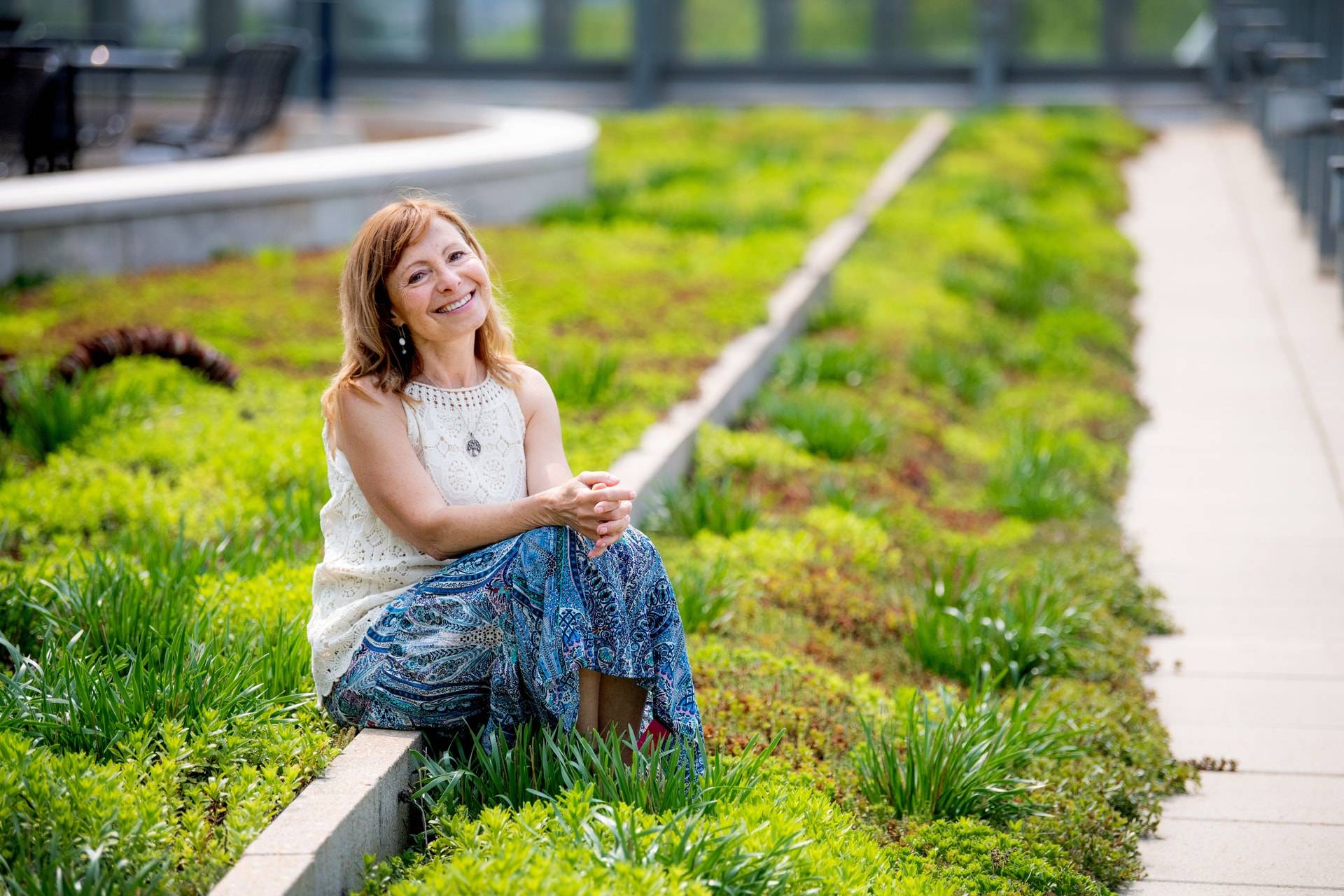
Elena Lioubimtseva, Professor of Geography and Sustainable Planning
Dr. Lioubimtseva's research interests include human vulnerability and adaptations to climate change, food security, climate change scenarios, and applications of geospatial technologies for understanding climate change impacts. Elena has extensive field research experience in Russia, France, Belgium, Kazakhstan, Uzbekistan, and Turkmenistan. She is currently conducting research on the climate change adaptation planning by the local governments in the United States and in France and is actively involved in collaboration with the University of Versailles in France. Locally, she is active in her research on adaptation and resiliency planning in West Michigan. She was a special contributor to Grand Rapids Climate Resiliency Report and is a member on West Michigan Climate Adaptation Council.
Email: [email protected]
[1693253015].jpg)
Figen Mekik, Professor of Geology
Dr. Figen Mekik is a paleoceanographer and climate scientist. She is a Professor of Geology at Grand Valley State University, and has been teaching and publishing for over a quarter of a century. Her specific research interests include ocean-atmosphere carbon exchange, calibration and use of geochemical climate proxies such as paleothermometers based on oxygen isotopes or Mg/Ca in shells of marine organisms, deep sea sedimentation, and climate science education. She is the lead PI of the Mekik Climatology Lab at GVSU with multiple undergraduate student scholars working with her at any given time.
Visit Mekik Climatology Lab or email Figen at [email protected]
Melissa Morison, Professor of Classics
Melissa Morison is an archaeologist with experience in various parts of the Mediterranean (and elsewhere). She interested in the totality of the human experience in the past, including interaction with the physical environment: how did ancient peoples manage their water supply and their food supply, especially in times of drought and famine; how did they respond to crisis; what were the social consequences of such responses? Within this larger framework, her current work in Greece explores the ways that artifacts (such as those found in cemeteries, trash dumps, and workshops), and the organization and use of civic spaces, demonstrate the creativity and resilience of ancient peoples in times of crisis.
Email: [email protected]
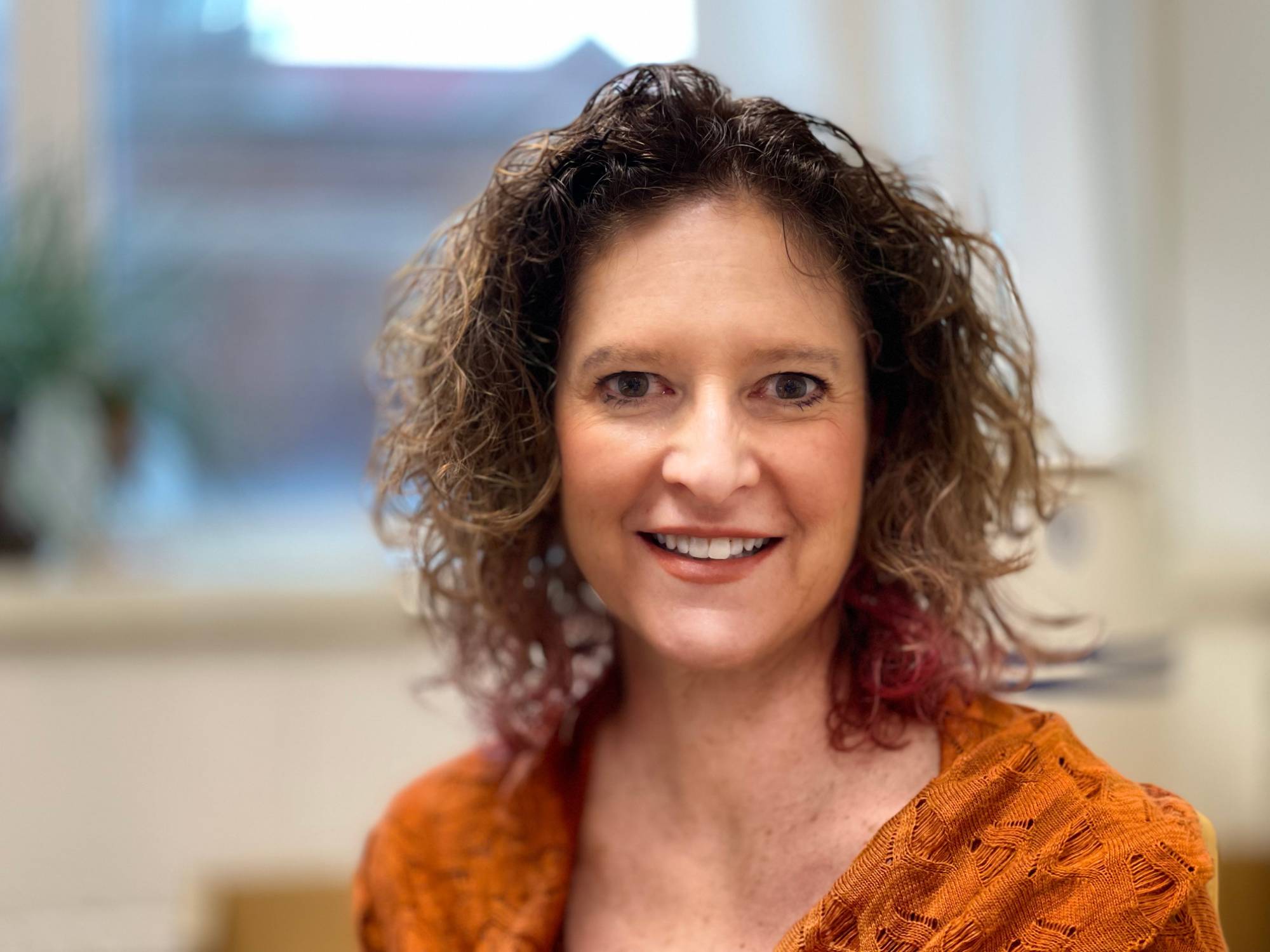
Heather Moody, Professor of Geography and Geology
Heather Moody is professor at Grand Valley State University. She is a geographer specializing in environmental science and environmental justice investigation and teaching. Her body of research includes studies of the Detroit Metropolitan Area and issues of access and pollution as geospatially relate to socioeconomic status and segregation. Specific research interests include Environmental Justice, environmental health disparities, water and food security, citizens science, climate change and sustainable energy, industrial ecology, biomimicry, ecological design, and collective community interdependence.
E-mail: [email protected]
[1553106146].jpg)
Erik Nordman, Climate Resilience Consultant
Dr. Nordman is a an executive consultant for climate resilience at Strategic Resolution Experts and adjunct professor of natural resources management at Grand Valley State University. . In 2016, he served as a Virtual Fellow for the US State Department researching options for Cape Verde to reach its 100% renewable electricity goal. The resulting article, published in The Conversation, was featured on the National Geographic Education Blog. He served as a Fulbright Visiting Scholar at Kenyatta University in Nairobi, Kenya in 2012-2013 where he taught several classes and conducted research on wind energy applications in Kenya’ tea industry. He also created a climate change resilience curriculum for St. Vincent and the Grenadines through the Pan American Development Foundation. His publications are available at his website: https://works.bepress.com/erik_nordman/.
Beth Peterson, Professor of Writing
Beth Peterson is a nonfiction writer and assistant professor of writing. A wilderness guide before she began writing, Beth's research interests include: the lyric essay, environmental writing, literary journalism, nonfiction history and theory, place writing, and European glaciers. Beth's first book, an essay collection about glaciers, volcanoes, and disappearing people, is forthcoming from Trinity University Press (September, 2019.)
Email: [email protected]
Laura Schneider, Professor of Political Science
Laura Schneider has a Ph.D. in Political Science from Purdue University. She teaches Environmental Policy in addition to other policy and American government related courses at GVSU.
Her research interests include understanding public perception and awareness of climate change in West Michigan, the role of politics in climate policy, forest management policy specifically as it relates to fire, and the role of norms in endangered species protection in the United States.
Email: [email protected]
Kevin Strychar, Professor of Biology
Dr. Kevin Strychar is trained as a cell biologist who specializes in integrative ecology, bridging disciplines of climate change, cellular interactions, and comparative immunology. Additionally, his research branches out into flow cytometry, immunochemistry, cell biology, and “-omic” techniques associated with marine and freshwater habitats.
Kevin Strychar's research focuses on the biological implications of climate change, such as the effects of warming temperatures on the spread of both invasive species and aquatic-born diseases and pathogens in aquatic and freshwater habitats. Prior to my arrival in the Great Lakes, my studies focused on reef corals (shallow and deep-water), sponges, dinoflagellates, and other “microbes”.
Email: [email protected]
Janet Vail, Scientist Emerita and Professor of Environmental and Sustainability Studies
Citizen monitoring programs for E. coli bacteria and ozone, Science education with a specialization in environmental education, Teacher professional development facilitator, Curriculum development
Dr. Janet Vail’s interests are science education with a specialization in environmental education and citizen monitoring. She oversees the outreach/education program at the GVSU Annis Water Resources Institute and facilitates a variety of professional development workshops. Janet is the state of Michigan coordinator for Michigan Project WET (Water Education for Teachers) and the GVSU Global Learning to Benefit the Environment (GLOBE) partnership coordinator. She is an author for the Michigan Environmental Education Curriculum Support (MEECS) Climate Change Unit and the author of the MEECS Air Quality Unit. She currently serves as vice chair of the West Michigan Clean Air Coalition.
Email: [email protected]
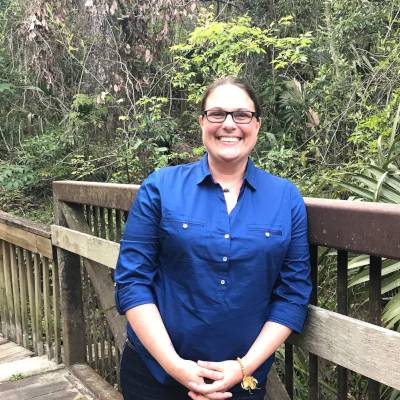
Rebecca Williams, Assistant Professor of Interdisciplinary Studies
Dr. Becky Williams is an Assistant Professor of Interdisciplinary Studies at Grand Valley State University in Allendale, Michigan. She teaches in the Environmental Studies; Global Studies; Women, Gender, and Sexuality Studies; and Integrative Studies programs. Her research focuses on the impacts of climate change on rural and indigenous livelihoods in Central America, and how it impacts livelihood pathways – particularly in terms of irregular migration to the United States or participation in violent livelihoods such as gangs and narcotrafficking. She also conducts research on gender and development projects (e.g., women’s empowerment initiatives, gender-based violence mitigation) through the lens of contemporary critical feminist critiques of development including intersectionality, masculinities, and decoloniality. Dr. Williams earned her PhD in Interdisciplinary Ecology, concentrating in Tropical Conservation and Development from the University of Florida and a graduate certificate in Gender and Development. She holds a MS in Instructional Systems Design from Florida State University and a BS in Music Education from Stetson University.
Email: [email protected]
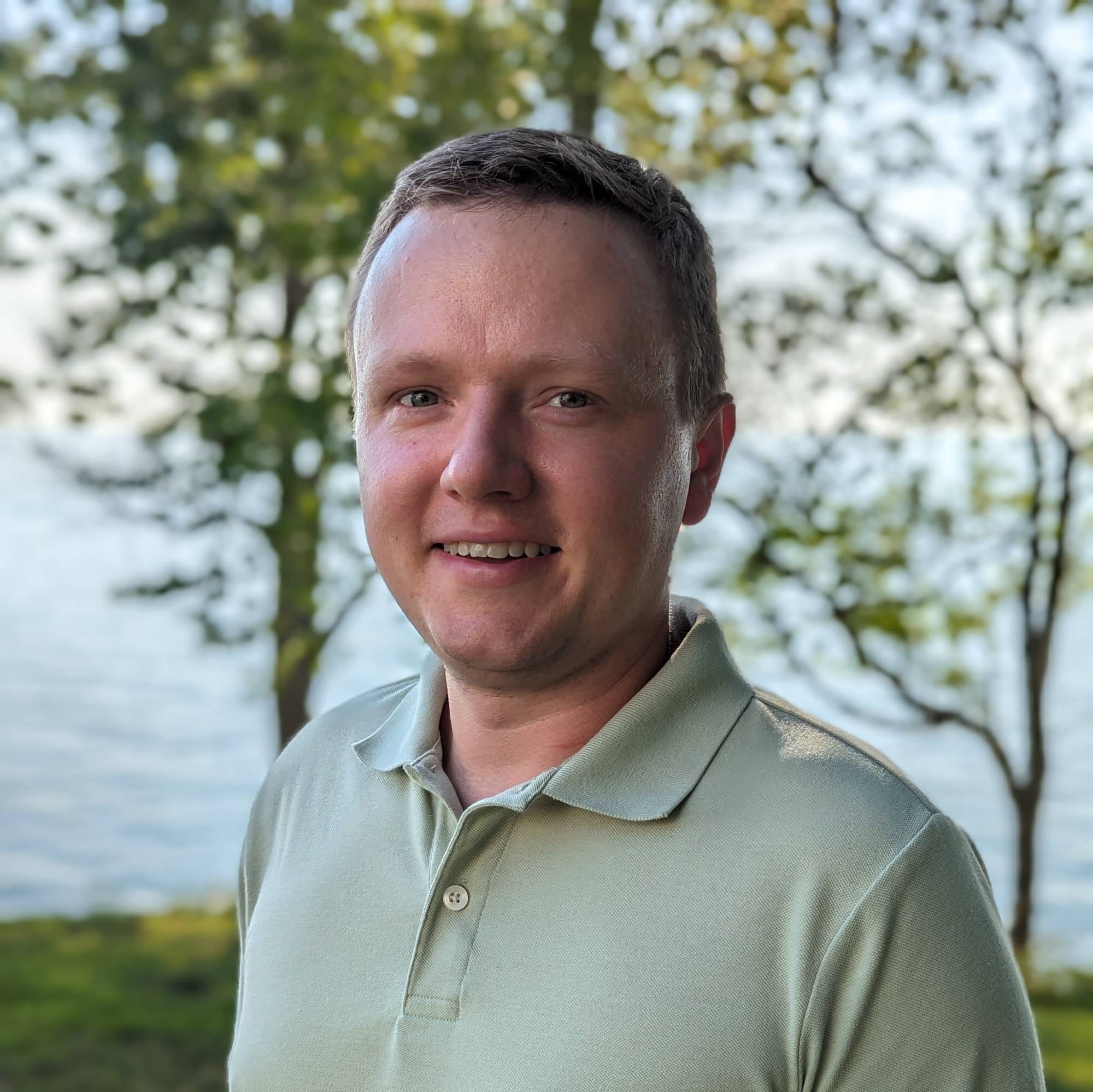
Ian Winkelstern , Professor of Geology
Dr. Winkelstern is a geologist working on understanding past climate change. His research often involves the geochemistry of water, rocks, and fossil shells collected from disparate sites - from West Michigan to the Carolinas, Bermuda, and The Bahamas. The broad goal of this work is better measuring how climate has changed in the past. He is also interested in incorporating climate change and data science into the classroom, especially introductory courses.
Dr. Winkelstern would be happy to discuss topics broadly related to climate and water geoscience, geologically recent changes in Earth’s past, and sea level change. He earned an Earth and Environmental Sciences PhD at the University of Michigan in 2016 and began an Assistant Professor position at GVSU in 2023.
Email: [email protected]


[1553106157].jpg)
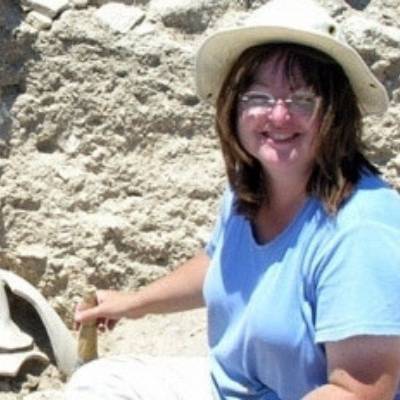
[1553106144].jpg)
[1553106156].jpg)
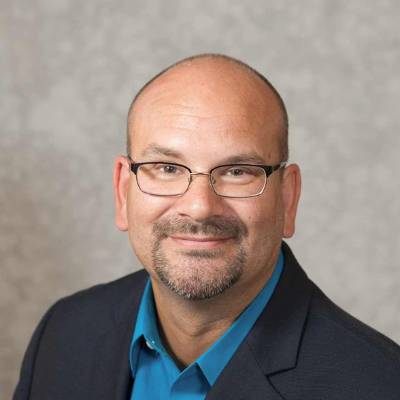
[1553106156].jpg)